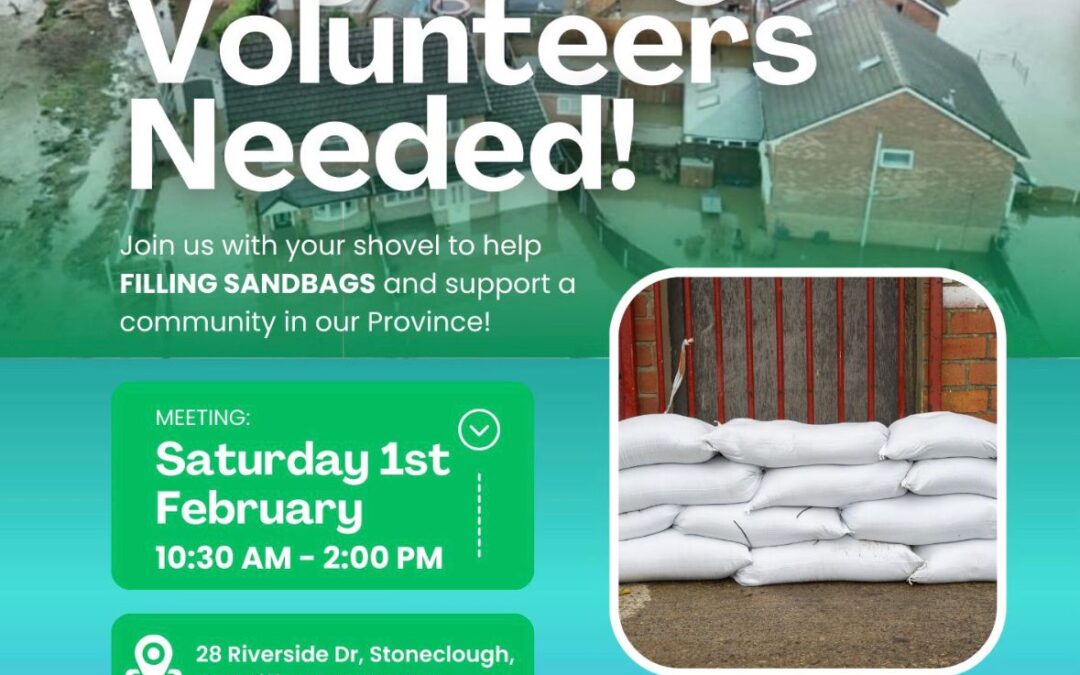The village of Stoneclough, nestled on the banks of the River Irwell in Bury, had always been a close-knit community. But when the winter storms arrived, bringing torrential rain and rising river levels, the people of Stoneclough knew they faced a crisis. The swollen river threatened to breach its banks and flood the homes that lined its shores.
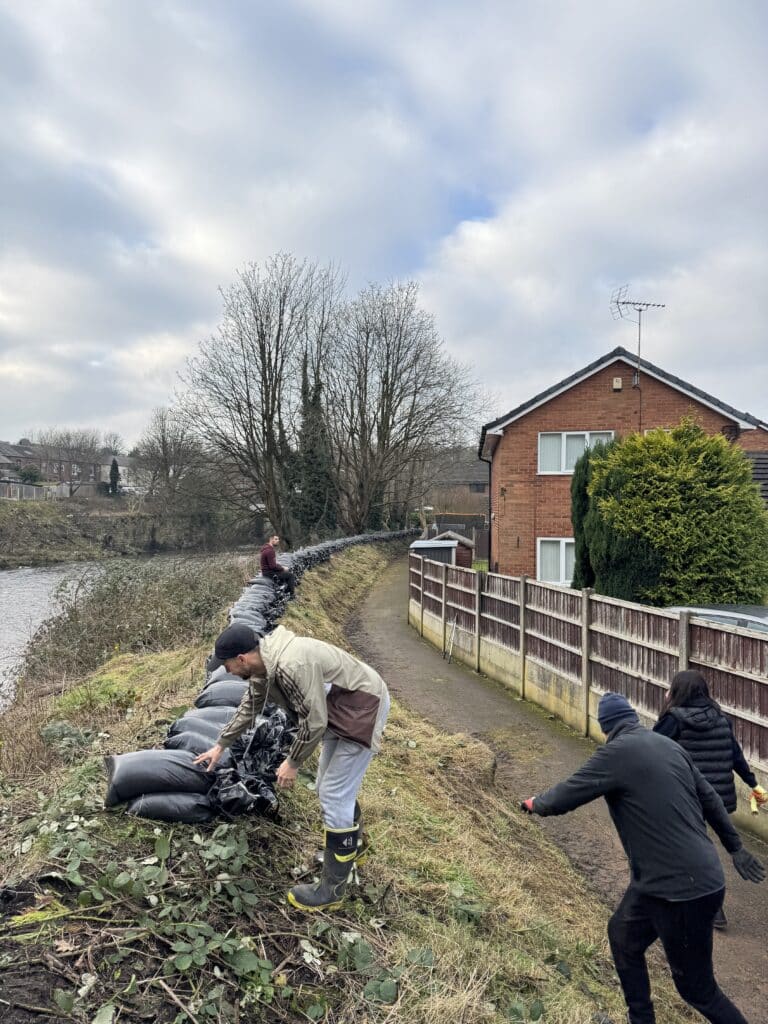
Amidst the growing concern, a call for help went out. The local community needed volunteers to help fill and place sandbags to create an artificial riverbank, a desperate measure to hold back the relentless surge of water. As the news spread, a group of Freemasons from the East Lancashire Level Club gathered to help. Among them were men from all walks of life—builders, teachers, business owners, and retirees—united by their shared values of charity, integrity, and brotherhood.
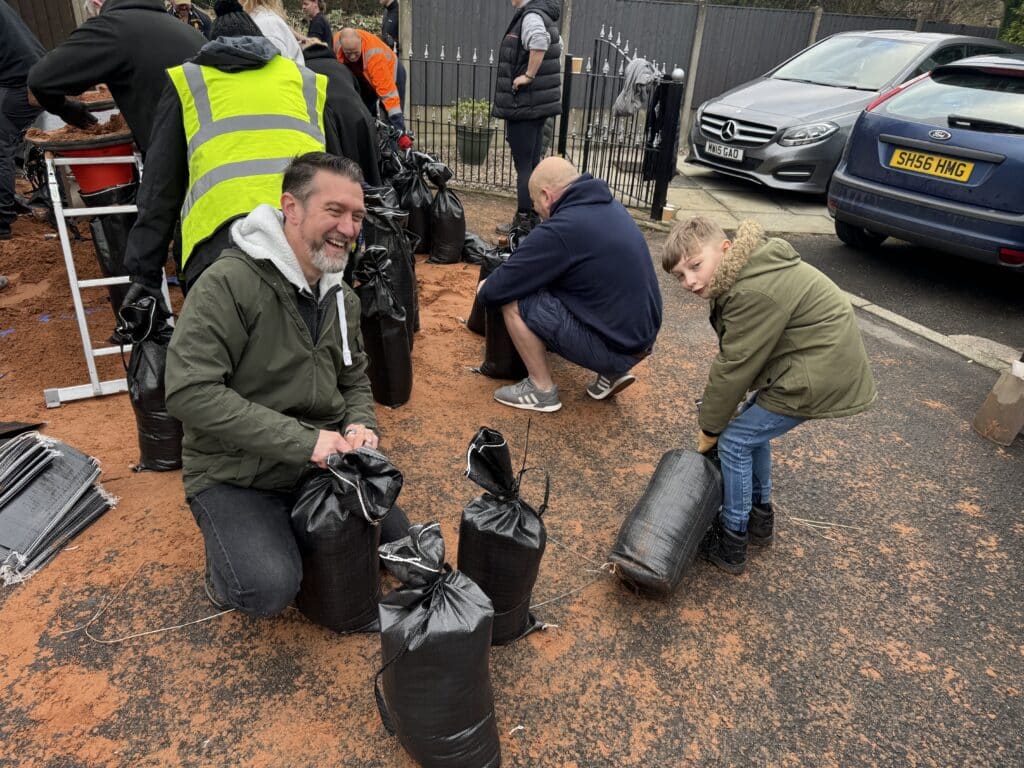
The Freemasons donned their waterproof gear and reached the river’s edge without hesitation. On a cold winter morning, they worked tirelessly filling heavy sacks with sand, passing them along a human chain, and stacking them high against the advancing waters. The task was gruelling, their hands numb from the cold, their muscles aching with exhaustion, yet none considered stopping.
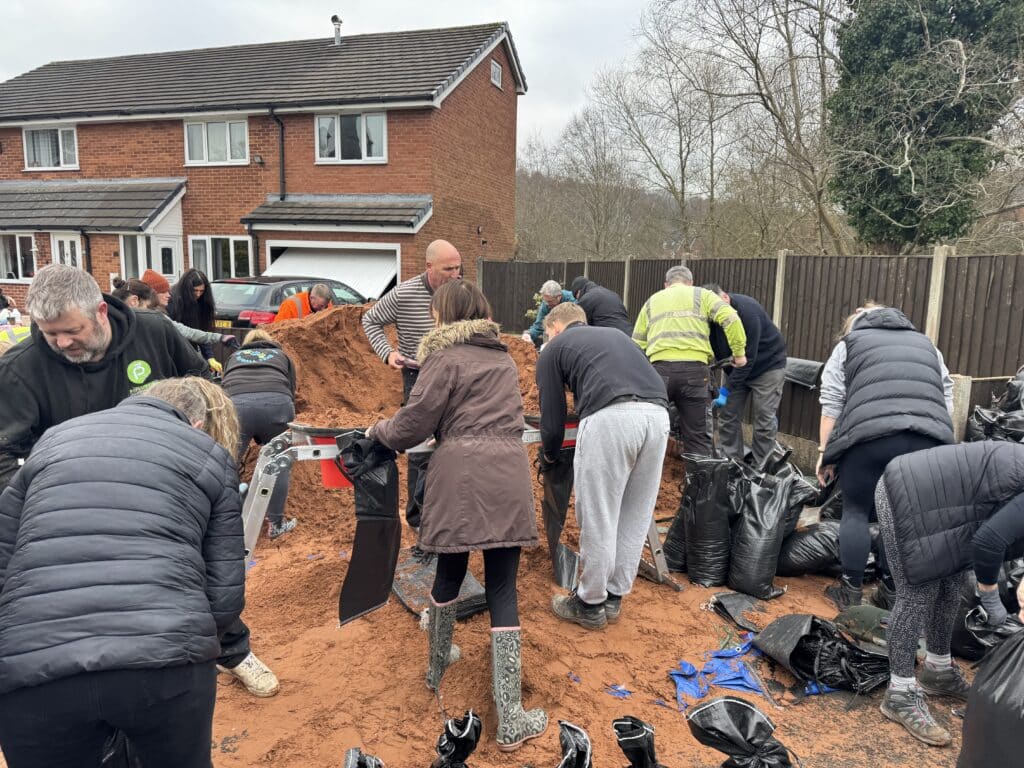
As each 20-ton load of sand was bagged and placed, the weary volunteers watched as their efforts made a difference. The makeshift barrier held firm, and the floodwaters were contained while the river raged. The people of Stoneclough emerged from their homes, offering hot tea and cakes, and they gave heartfelt thanks to the Freemasons and all the volunteers who had stood together during the village’s hour of need.
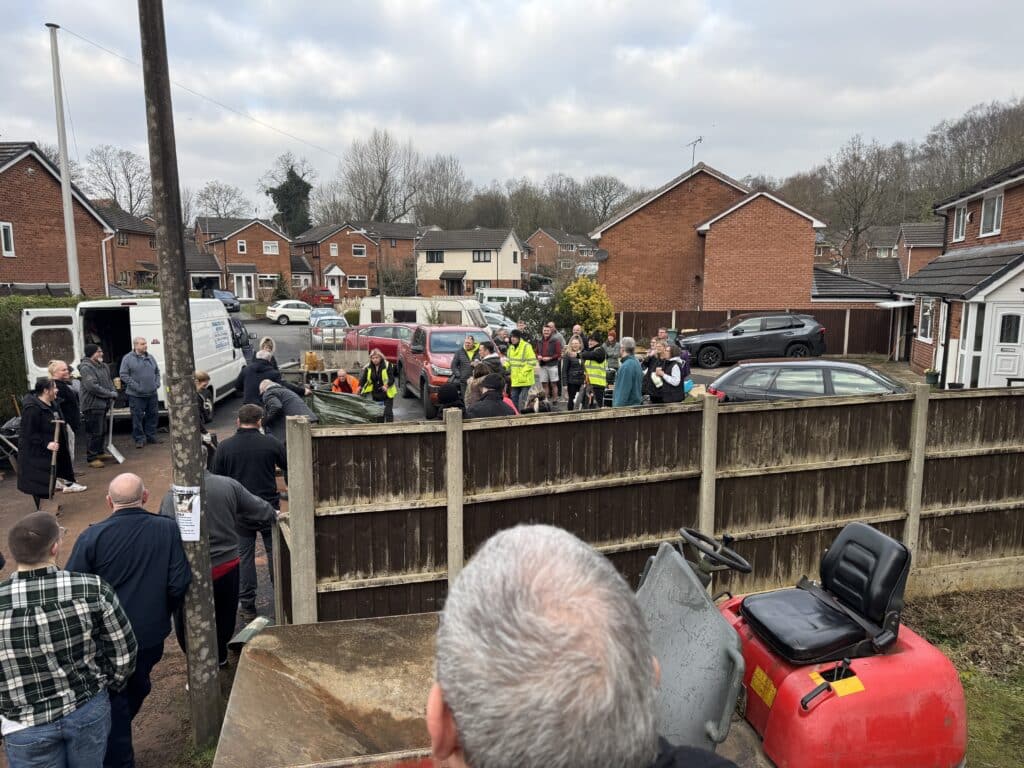
The Masons continued to assist and support the local community in the following days. The storm had tested their resolve, but the community bonds had grown even more substantial in adversity.
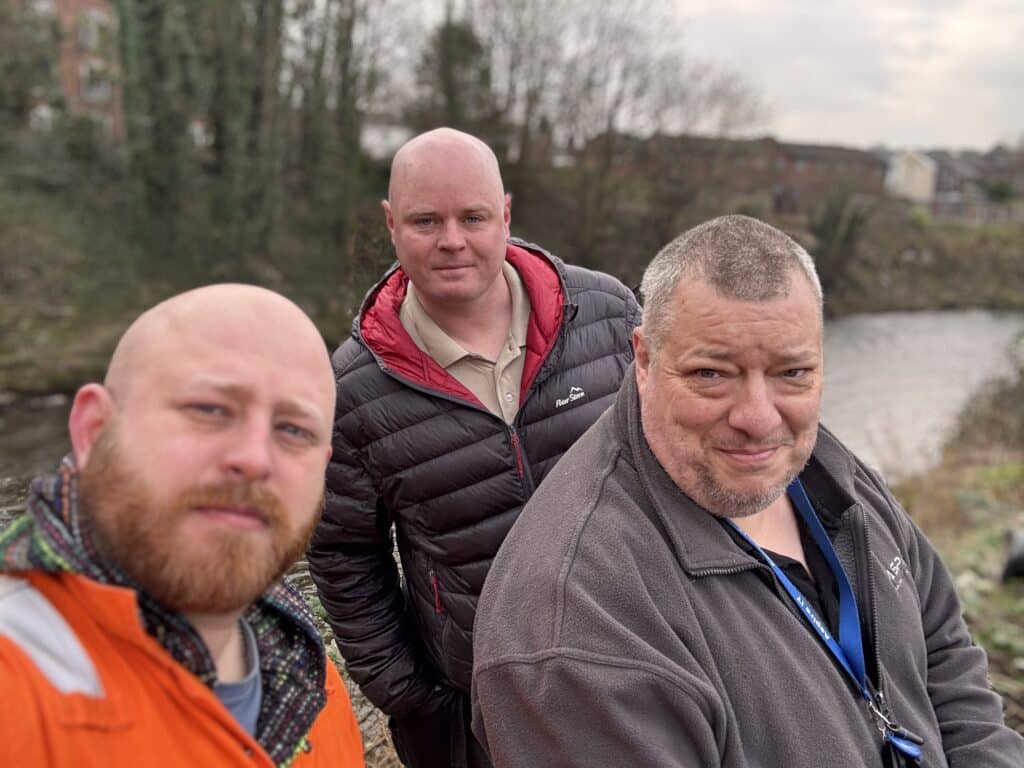
As the waters receded, the people of Stoneclough knew they had witnessed something remarkable—not just the power of nature but unity, compassion, and the quiet strength of a brotherhood that stood ready to serve whenever needed.
https://www.burytimes.co.uk/news/24921021.stoneclough-residents-take-action-flooding/

